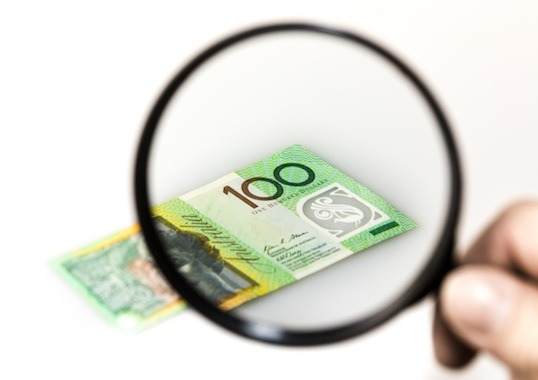11 March 2016
by Stephen Koukoulas
If Labor wins the upcoming federal election, “I think the economy will come to a shuddering halt and I think the stock market will crash,” Peter Dutton has said.
It is a significant forecast for a senior cabinet minister to make and one, which if correct, would be a major concern for domestic and foreign investors alike.
There are, fortunately, several straightforward ways to test the immigration minister’s extreme and extraordinary claims.
Importantly, there needs to be an assessment of any changes in the probability of a Labor win at the next election. That must then be benchmarked against what has happened to the stock market, interest rate futures and the value of the Australian dollar over the time the election probabilities have changed.
If Dutton’s warning has any credibility, if Labor is judged to be more likely to win the election, one would see, with certainty, share prices fall, expectations for future interest rate cuts increase and the value of the Australian dollar fall.
Let’s look first at recent trends in the probability of a Labor win in the upcoming election.
On 22 February, Newspoll showed Labor moving from six points behind the Coalition on a two-party preferred basis to break even at 50-50. This line-ball reading for the major parties was confirmed in the next Newspoll and in recent Essential Research polls.
Coincidently, the election betting markets have also showed a move towards Labor in the last few weeks. Labor’s odds of winning the election are now $5.00, which is in from $6.50 just before the 50-50 Newspoll, while the Coalition’s election-winning odds have widened from $1.11 to $1.17.While the Coalition is still favoured, the odds of a Labor election win and, if Dutton is correct, a stalled economy and a stock market crash have increased in the last few weeks.
Making a mockery of Dutton’s claim is the fact that stocks are going up, the prospects for further interest rate cuts have receded and the Australian dollar has risen very strongly. This is the polar opposite of what one would see in the reaction of financial markets if a stalled economy and stock market crash was about to unfold.
Let’s look at stocks first. The ASX200 index has risen by more than 3% since the day before the initial 50-50 Newspoll was released. While many factors have influenced this solid upswing in stock prices, the greater likelihood of a Labor election victory has not driven investors away from the ASX.
At the same time, the implied yield on interest rate futures has risen by approximately 15 to 20 basis points (depending on which timeframe is placed on the market pricing), which means the market is now less convinced that interest rate cuts will be needed over the next six to 18 months. In other words, the market pricing is increasingly priced for a stronger economy over the medium term, even as Labor’s chances of winning the election have materially improved.
Now for the Australian dollar. The AUD was trading around US$0.7150 prior to the first 50-50 poll and was 61.4 on a trade-weighted index (TWI). Now, at the time of writing, the AUD has risen to US$0.7500 and about 64 TWI.
With the polls and betting markets showing a clear and unarguable move towards Labor in the past few weeks, stocks are up strongly, the extent of future interest rate cuts has been scaled back and the Australian dollar has risen. These are the simple facts.
For many reasons, Dutton is embarrassingly wrong. But don’t take my word for it, look at the assessment of global investors and financial market trends, where hundreds of billions of Australian dollars’ worth of bonds, stocks and foreign exchange have traded in the last few weeks. Investors have been buying into Australian assets with gusto, which perhaps, coincidently, has occurred at the same time as Labor’s election prospects have improved.

